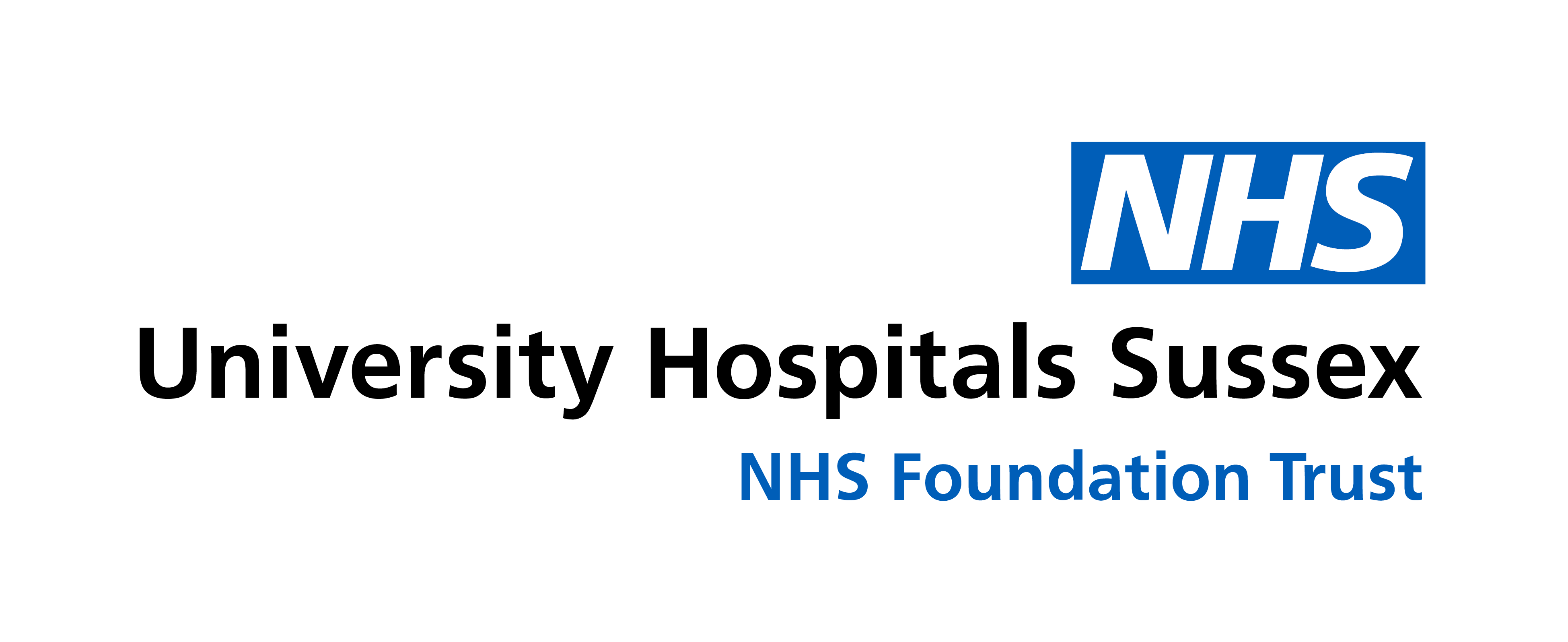For today’s Open Access Week post, Clinical Librarian Tom Roper looks at ways to avoid predatory journals.
Anyone who’s published will be familiar with the e-mails that arrive soliciting manuscripts for a new open access journal. It will often promise swift acceptance and publication. Sometimes it’s easy to identify these scams: spelling and grammtical errors are an instant give-away. If the publisher can’t write good English in an e-mail to prospective authors, do you trust them with your manuscript? And unrealistic promises about review and acceptance are another barn-door sign. Other clues may be harder to unravel: editorial board members may well be real experts in the field, but ones who have never agreed to sit on the editorial board. The journal may claim addresses in up-market parts of London or New York. The characteristics are variable, and Cobey et al conducted a scoping review to try to answer the question what is a predatory journal?
Whatever the nuances of definition, there’s no doubt that these scams exist, and many a highly intelligent researcher has been taken in. A coalition of various organisations invloved in scholarly communication has developed Think Check Submit, easily memorable guidance when deciding where to submit your manuscript.
Cobey KD, Lalu MM, Skidmore B, Ahmadzai N, Grudniewicz A, Moher D. What is a
predatory journal? A scoping review. Version 2. F1000Res. 2018 Jul 4 [revised
2018 Jan 1];7:1001. doi: 10.12688/f1000research.15256.2. Available online at https://f1000research.com/articles/7-1001/v2
Whatever the nuances of definition, there’s no doubt that these scams exist, and many a highly intelligent researcher has been taken in. A coalition of various organisations invloved in scholarly communication has developed Think Check Submit, easily memorable guidance when deciding where to submit your manuscript.

